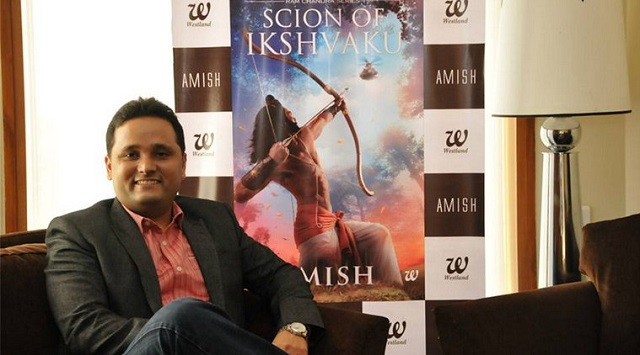There is something so inherently wrong about book trailers. This is a book geek’s rant, but it bears thinking over.
by Ritika Bhandari Parekh
Ours is a generation of consumers. We are not just fashionably materialistic but also nerdy in our hoarding ways. And so, books aren’t meant to be passed on from one sibling to another, not unless they are super expensive. With the advent of the Rs 99 only book, everyone is a reader. And thanks to the marketing gimmicks which are meticulously planned, one hears more about the book even before anybody reads it.
The story of the IITian writer is now legend; he wrote a book categorically with a marketing vision in mind, and the woman editor of a prominent publishing house rejected his draft for reasons quite literary. She stood her ground for rejecting his supposed magnum opus. But his book finally found a home, and his first ‘blockbuster’ book created a furore. This gave many Dalal Street writers and IITians with scant knowledge (and regards) for the rules of English grammar and sentence construction the impetus to start writing books. As long as the cash registers are ringing, who cares!
After the books, come book trailers
The latest to join the marketing brigade are the book trailers. Yes, you read it right – forget waiting for a plum movie deal to come their way, the over-imaginative publishing teams are giving the readers a sneak video peak of the upcoming books. Animation, visual effects, voiceovers by stars and a launch pad for the trailer attended by Bollywood stars…this is how future ‘successful’ books are anticipated and marketed these days.
Amish Tripathi’s no-holds barred Scion of Ikshvaku trailer had set tongues wagging even before the hugely successful book launch. With the slick animation, one feels the book might have been written for a television adaptation in the future. There are other book trailers wherein the protagonist narrates crucial paragraphs to intrigue the readers among the viewers. And there are a few authors who like to question the audience on the perplexities of the character’s situation – thus building the suspense.
Do we need to market books like this?
But these marketing ideas rob away the charm of a book. Each book, I believe, has a unique voice. And that voice is the one given by the reader. The world an author creates with his words can be interpreted in myriad ways by each individual reader. Our experiences and circumstances give the book and its character a unique shape in our imaginations. This silhouette will forever be etched in our mind and that is what makes books and their stories memorable.
It is said each book comes to you at the right time. So while a Romeo And Juliet will be taught and read in school, it is only when you experience the first throes of love will you grasp the true meaning of Shakespeare’s words.
By releasing book trailers, marketing teams are subtly telling the readers ‘how’ to read. These dictate what kind of voice the book’s protagonist should talk in, how they should look and much more. One of the reasons movie adaptations of books are disliked by many readers is the loss of the unique voice. With every reader being forced to imagine the book as interpreted by the director, it loses its charm.
Your mind’s eye is what binds you to a book. A few exceptions to the movie-book adaptations are the superhero and sci-fi fantasy films. Their futuristic world is undoubtedly hazy in everyone’s mind and hence a clear image of the author’s writings is appreciated.
JK Rowling’s Harry Potter series is another exception. The happiness and thrill a reader feels when Harry enters the magical realm of Hogwarts and seeing it on the screen is what makes the series more lovable.
As for the Indian book trailers, only time will tell how profitable they are for the publishers. Till then, let us just wait and ‘watch’ these books.
What do you think of book trailers? Tell us in the comments section below.
(Picture courtesy indianexpress.com. Image is a file picture of Amish Tripathi’s book launch)





I don’t mind seeing trailor of a book. It gives a better idea of what the book is about.